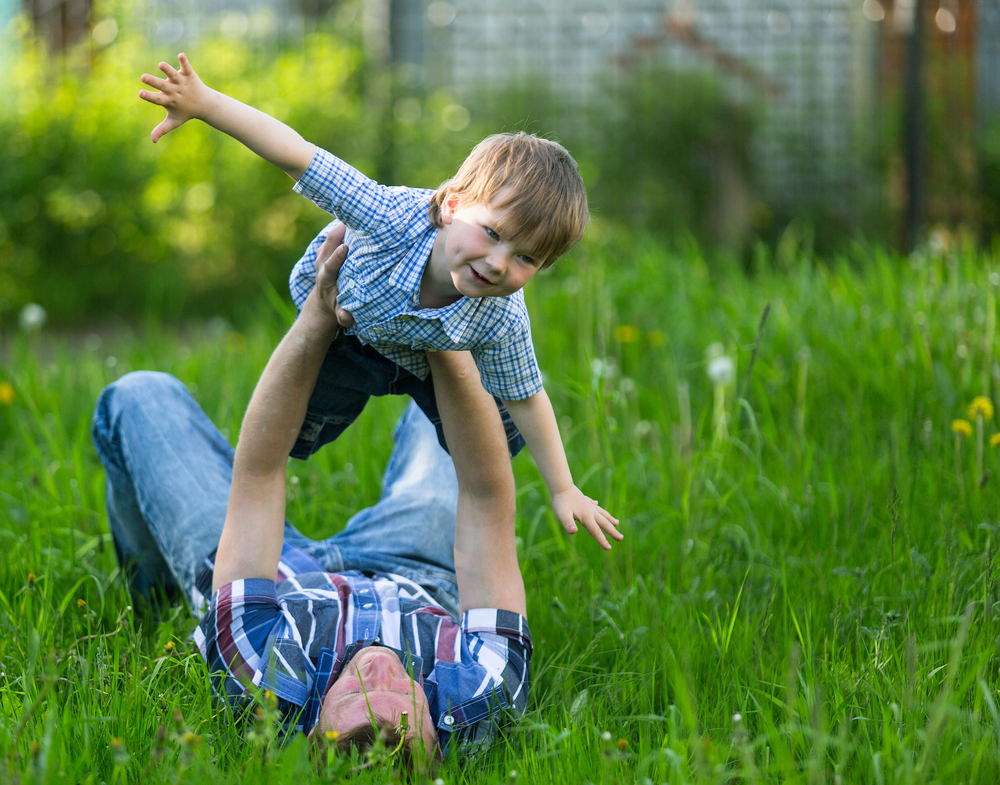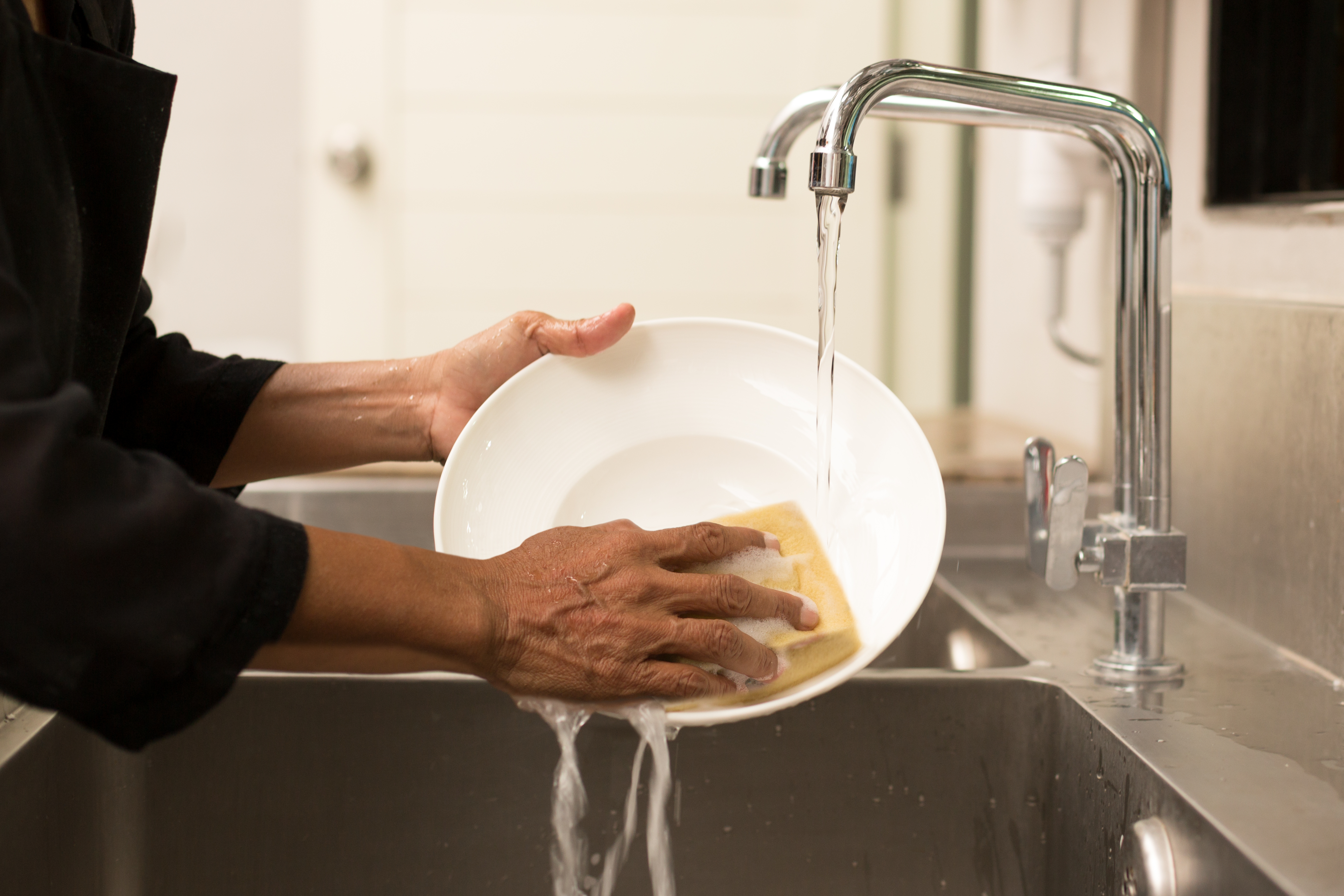
It's All About Balance
A cherished friend, recently shared an interesting article with me which focuses on positive attachment and its’ effect on children later in life. It discusses ways to form a positive attachment or loving bond with your children. Be mindful of their need to have close physical contact early on. Some older generations may view this as spoiling the child, lacking boundaries or the “attachment parenting” style. In some ways it parallels attachment parenting, however, in more ways it is vital for a healthy child. We know this when we look at studies on orphans who lack the physical contact, bonding experiences and attachment early on. It affects their physical growth, mental capacity and ability to learn and thrive.
Follow a child’s lead with respect to playtime. Mirror them while interacting. Get on their level and play.  I take this further when raising my own children and giving advice to patient’s families. For me, allowing them to lead, extends to almost anything. Eating, sleeping and soothing. While special circumstances occur (sleep schedule b/c early daycare dropoff, multiples, a chronically ill child) most of the time you will have a happier child if you feed them when they are hungry, nap them when they are tired, leave them be when they need to be alone. First time parents often get overwhelmed, understandably, by family members, friends and books! There are so many opinions, approaches and ideas about the “right way” to parent. Personally, I take bits and pieces from all of it and see where it takes me. I change my approach if it isn’t working. I read and educate myself on what has worked for others, but it needs to all be considered, much like my child’s individuality. Not as easy as it sounds:)
I take this further when raising my own children and giving advice to patient’s families. For me, allowing them to lead, extends to almost anything. Eating, sleeping and soothing. While special circumstances occur (sleep schedule b/c early daycare dropoff, multiples, a chronically ill child) most of the time you will have a happier child if you feed them when they are hungry, nap them when they are tired, leave them be when they need to be alone. First time parents often get overwhelmed, understandably, by family members, friends and books! There are so many opinions, approaches and ideas about the “right way” to parent. Personally, I take bits and pieces from all of it and see where it takes me. I change my approach if it isn’t working. I read and educate myself on what has worked for others, but it needs to all be considered, much like my child’s individuality. Not as easy as it sounds:)
Keeping it positive is important. Praise kind behavior and explain unkind behavior. Be sure to encourage them. For example, instead of saying, “good job coloring” (general praise), encourage by saying, “I love the way that you colored that tree with rainbow colors!” (specific encouragement). Model positive interactions with other children or your partner, as children are watching you even if you are not aware at the time.
Allow them to figure out conflicts. When you find your kids fighting over a toy, a show or tattling, step back and decide, “do they really need me to fix this?” Usually, they are capable of figuring it out (age appropriately of course). Tell them to work on it together. I find that the argument usually fizzles rather quickly. If not, they are practicing vital skills in conflict management. If there are times when kids can’t get past the struggle, distraction workd wonders for all ages. Conflict resolution can help them form positive bonds with others.
 Model positive attributes like sharing the workload in the household. Parents should share the workload to help balance the day to day chaos. Some of us work outside the home. Some of us work inside the home. Some of us do both. Strive to be fair. Just as the kids should clean up their plates because they are members of the household, both parents should contribute to chores as well. This shows the child respect and exemplifies what a positive relationship should look like. Is it always exactly 50:50? Not usually, but it’s a good goal to share the workload in a way that works for you as a family.
Model positive attributes like sharing the workload in the household. Parents should share the workload to help balance the day to day chaos. Some of us work outside the home. Some of us work inside the home. Some of us do both. Strive to be fair. Just as the kids should clean up their plates because they are members of the household, both parents should contribute to chores as well. This shows the child respect and exemplifies what a positive relationship should look like. Is it always exactly 50:50? Not usually, but it’s a good goal to share the workload in a way that works for you as a family.
Don’t overanalyze. I have four children and a very busy world. It is my immediate focus during my days to be a “good mom”. I dislike referring to anything as good or bad, but this exemplifies an important consideration. What does it mean to be a good mom or dad? Let’s rephrase that as a “positive influence”. It means different things to different families. It is largely based on our own experiences. It may be constantly changing for you. That is OK. In our quest to be a positive influence, raise strong children and avoid harming our kiddos, we must challenge the urge to overanalyze. What did I used to do? Is this the “right” thing to do? What does my friend do? What do “they” think I should do? Society has a great impact on our need to please and our ideas of being a “good parent”. Personally, I have learned to let it go. No one else is my child’s mother. No one else has had my exact experiences as a mother. Others may judge, but should that even matter? We all have opinions. We all listen to those around us. Do we always critique them? No. Do we always adopt their approach? No. That is OK. Trust yourself as a parent. Follow your instincts because they are usually there.


